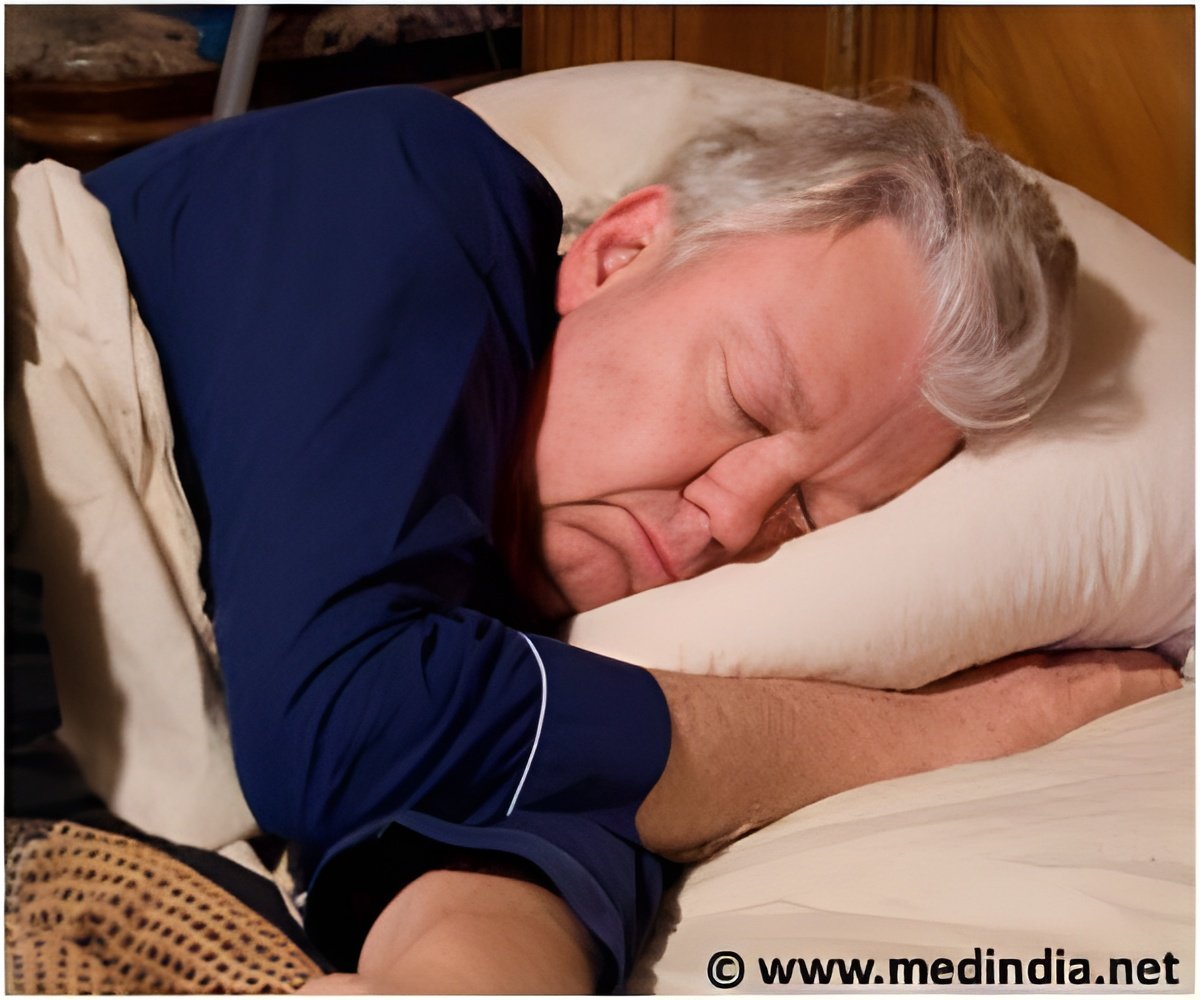Short daytime naps were found to be beneficial for older adults by preserving brain health.

Can afternoon napping protect against the negative effect of short or long sleep duration on cognitive function? A prospective study
Go to source). The study was led by researchers at University College London in the UK and the University of the Republic in Uruguay.
‘Short daytime napping reduced the rate at which brains decrease as we age, by seven years. #brainhealth #aging #dementia’





The study, published in the journal Sleep Health, gathered data from almost 400,000 people in Britain aged between 40 and 69. The findings showed that the average difference in brain volume or the size of the organ between people programmed to be habitual nappers and those who were not was equivalent to 2.6 to 6.5 years of ageing.
Positive Effects of 30-min Daytime Nap
In the study, the researchers looked at 97 snippets of DNA thought to determine people's likelihood of habitual napping. MRI scans revealed that their brain volume was 15.8 cubic centimetres bigger than those who did not nap.They however, found no link between napping and the size of the hippocampus -- the region of the brain linked to memory and learning.
"This is the first study to attempt to untangle the causal relationship between habitual daytime napping and cognitive and structural brain outcomes. Our study points to a causal link between habitual napping and larger total brain volume," said lead author Valentina Paz, from University of the Republic and UCL.
"I hope studies such as this one showing the health benefits of short naps can help to reduce any stigma that still exists around daytime napping," added Dr Garfield.
Advertisement
- Can afternoon napping protect against the negative effect of short or long sleep duration on cognitive function? A prospective study - (https://pubmed.ncbi.nlm.nih.gov/36587543/)
Source-IANS














